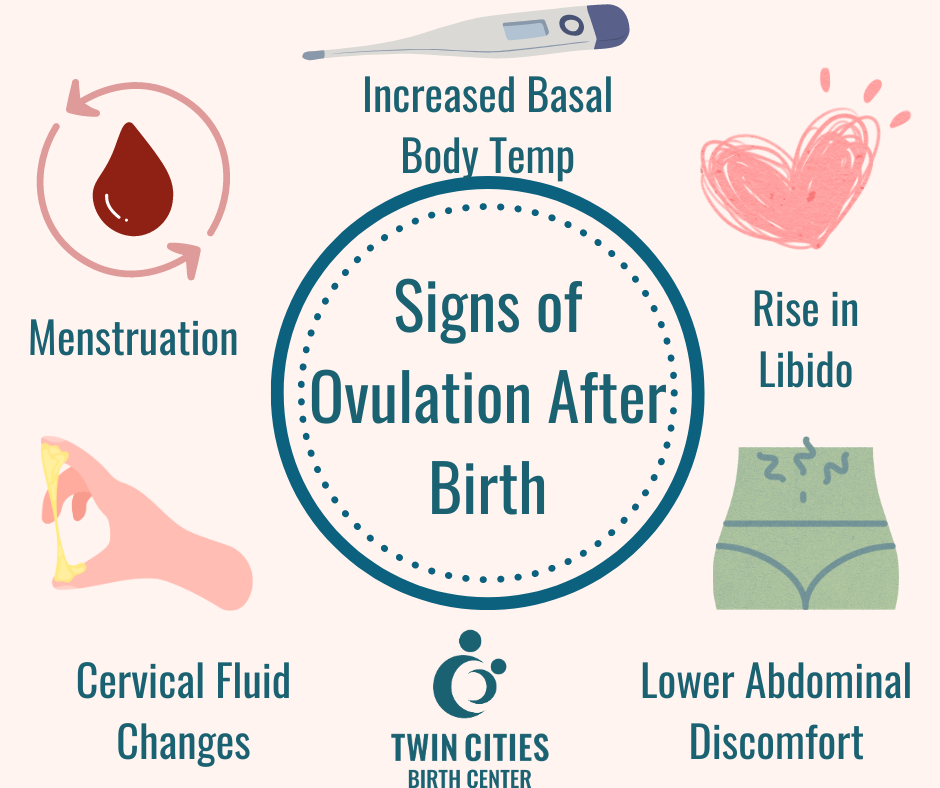Ovulation after pregnancy
In this blog , we will explore the physical, emotional, and behavioral changes that indicate the return of ovulation after childbirth. Whether you're trying for a baby or tracking your cycle, this guide will help you recognize the first signs of ovulation after giving birth.
There are some common questions that people have around this topic and we are here to help!
How do I know if I am ovulating after giving birth?
There are physical and emotional signs to watch for when it comes to ovulation. The top signs are: menstruation, changes in cervical fluid, increase in libido, lower abdominal discomfort, and increase in basal body temperature. The return of your period most likely means you ovulated but not for everyone so it is important to know other signs. During ovulation, your mucus will increase, be slippery, and more stretchy, similar to the texture of egg whites, so keep an eye out for this when you go to the bathroom. Some people get a pain on one side of their abdomen during ovulation. Monitoring your basal body temperature is an excellent way to receive valuable insights into your ovulation patterns. After ovulation, there is a slight increase in your basal body temperature (BBT), typically ranging from 0.5 to 1 degree Fahrenheit. Lastly, you may notice a significant increase in your libido around the time of ovulation.
How soon will I ovulate after birth?
This varies from person to person. The timing of ovulation after birth, largely depends on whether or not the person is breastfeeding, individual hormones, and some other factors during postpartum recovery. If you are not breastfeeding, ovulation can happen as soon as two to four weeks. If you are breastfeeding, ovulation will likely be delayed for weeks to months depending on the frequency of nursing. Once you begin to offer solids to your baby or even a pacifier, the odds of ovulation increase. Therefore, it is possible to become pregnant while breastfeeding.
Am I very fertile after giving birth?
Each body is different and not every person is super fertile after childbirth, but some are. This also depends on different factors such as how you are feeding your baby as mentioned above.
How do I track my ovulation?
There are many tools and apps that help track ovulation. You can also purchase a kit, such as OOVA, that monitors your hormones which is probably the most reliable way to know when ovulation happens.
If you are looking for guidance on how to know when you are ovulating, make an appointment with one of the midwives at Twin Cities Birth Center. They can help navigate this phase of life. We also offer preconception planning if you are wanting to expand your family.

